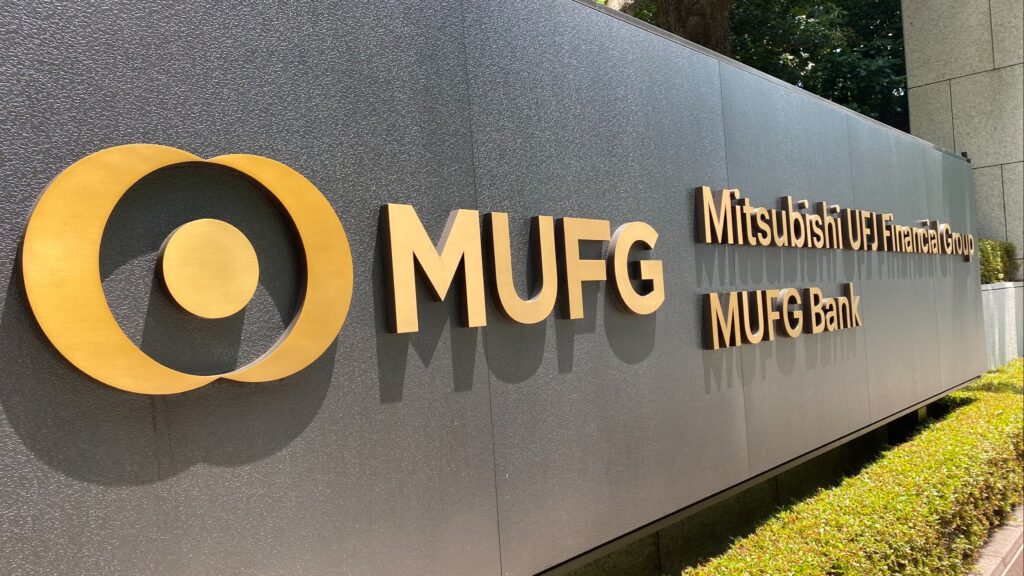RGE Group’s $4.9 Billion ‘Sustainable Finance’ Deals with MUFG Under Scrutiny Amid Ongoing Deforestation

- Questionable Sustainability: Royal Golden Eagle (RGE) Group continues deforestation despite receiving $4.9 billion in sustainability-linked loans.
- MUFG’s Role: Mitsubishi UFJ Financial Group (MUFG) has provided $630 million in financing to RGE, raising concerns about greenwashing.
- Global Impact: Major brands sourcing from RGE risk violating new EU regulations due to deforestation links.
New Evidence Highlights Flaws in Sustainable Finance Deals
The Rainforest Action Network (RAN) has released a report challenging the legitimacy of sustainability-linked loans issued to Indonesia’s Royal Golden Eagle (RGE) Group. Despite commitments to halt deforestation, RGE’s palm oil and pulp & paper operations are linked to continued forest clearance, raising doubts about the true impact of the $4.9 billion in “sustainable finance” directed to the conglomerate.
Persistent Deforestation Despite Financial Incentives
RGE’s sustainability-linked loans, largely arranged by Japanese megabank Mitsubishi UFJ Financial Group (MUFG), were intended to support environmental goals like “zero tolerance for deforestation” and “radical traceability and transparency.” However, satellite data commissioned by RAN shows over 1,475 hectares of forest have been cleared within RGE’s concessions since these loans were issued.
Alex Helan, a spokesperson for RAN, stated, “This report highlights critical flaws in the growing Sustainability-Linked Loans market. MUFG and other banks appear keen to bolster their own sustainability credentials, but less interested in scrutinizing the real-world impact of RGE group’s operations.“
MUFG’s Involvement Under Scrutiny
MUFG has played a pivotal role in arranging and advising on these loans, contributing approximately $630 million since 2016. Nick Yee, an MUFG managing director, emphasized that the bank “leveraged its ESG financing expertise to create a bespoke structure for RGE.” However, critics argue that this relationship has enabled ongoing deforestation under the guise of sustainable finance.
Continued Violations and Calls for Accountability
Despite public promises, RGE subsidiaries like Asian Agri and Apical have been implicated in illegal deforestation activities, including the clearance of 165 hectares of forest in 2023 alone. These actions directly contradict the environmental commitments associated with their loans.
“The financial sector has a duty to ensure that sustainability-linked loans are not just more greenwash but actually stop bankrolling destruction and start to drive genuine positive change,” added Helan.
Related Article: MUFG Launches Sustainable Finance Framework to Boost Environmental and Social Impact
Global Brands Face Regulatory Risks
Major consumer brands, including Unilever, PepsiCo, Nestlé, and Mondelēz, continue sourcing from RGE despite its ongoing deforestation practices. Under the new European Union Deforestation-Free Regulation (EUDR), these companies could face significant risks if they continue to source from suppliers linked to deforestation.
A Call for Greater Transparency and Action
RAN’s report urges financial institutions and consumer brands to reassess their relationships with RGE and demands more stringent monitoring and transparency. It calls for an immediate suspension of financing to RGE until it demonstrates genuine adherence to environmental and social commitments.








